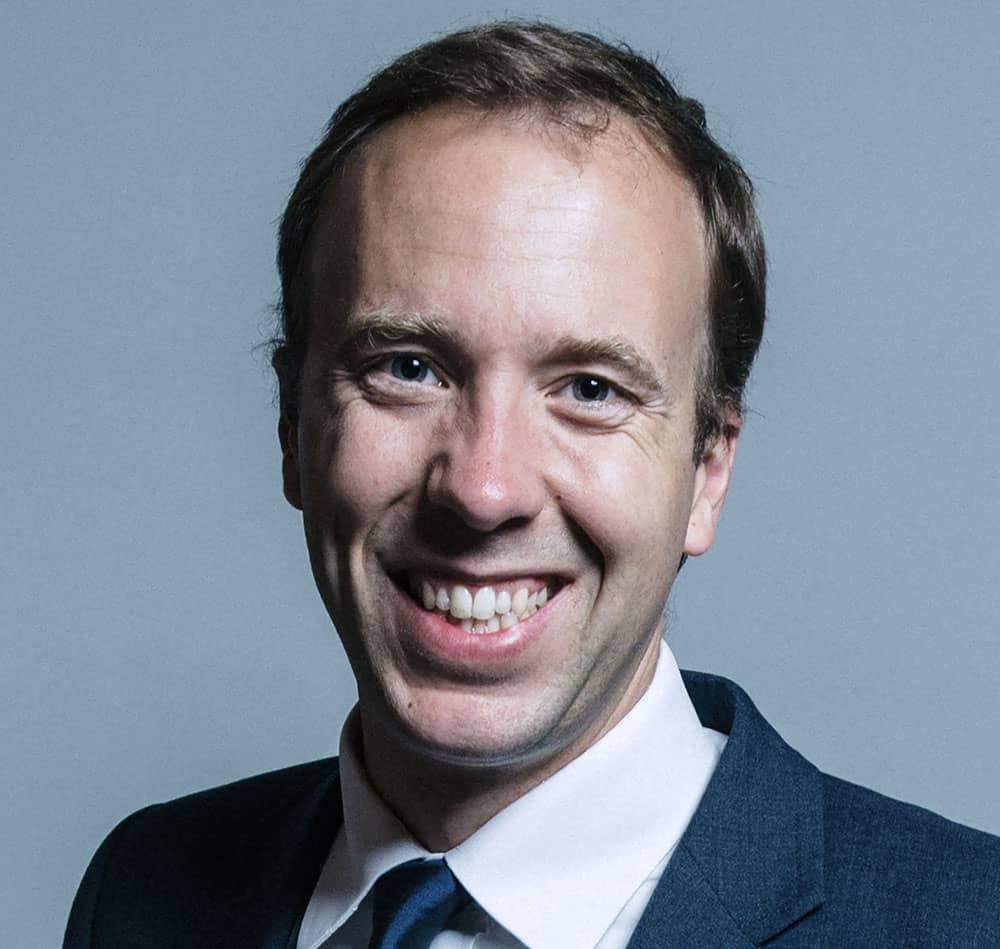Health and Social Care Secretary says UK must drive forward integration of health and social care

Health and Social Care Secretary Matt Hancock recently delivered a speech at the Royal College of Physicians about the future of healthcare and the lessons learned about healthcare as a result of the COVID-19 pandemic.
The speech detailed some of the advances that the health and social care has made in light of the coronavirus crisis, and how the UK can move towards delivering a better healthcare system in the future by building on some of the lessons learned from COVID-19.
In his ‘future of healthcare’ speech, Matt Hancock MP noted some of the huge advances that the UK has made in technology within the NHS and social care. He stated that elderly care home residents, who have been shielding from the virus, have been able to stay connected with loved ones through iPads.
He also highlighted how GPs have been able to carry out virtual consultations and check-ins online, which reduces the risk of transmitting coronavirus and saves GPs time as they do not have to don PPE.
To promote collaboration and change and continue with these technological advancements, the Health and Social Care Secretary says the UK needs more transparency, better use of data, more interoperability, and the adoption of technological innovation that can improve care.
In addition, Matt Hancock noted that patients and clinicians of all ages have been using technology to support health and care outcomes during the pandemic.
“In the 4 weeks leading up to 12 of April this year, 71% of routine GP consultations were delivered remotely, with about 26% face to face,” Matt Hancock said. “In the same period a year ago, this was reversed: 71% face to face and 25% remotely.
“Now of course there always has to be a system for people who can’t log on. But we shouldn’t patronise older people by saying they don’t do tech. The feedback from this transformation has been hugely positive.”
As a result of the positive feedback from remote consultations, the secretary suggests that, going forwards, all consultations should be delivered virtually, unless there’s a clinical reason not to. He says this will make life quicker and easier for patients and free up clinicians’ time to concentrate on what really matters.
Looking towards the future of healthcare, Matt Hancock says that health and social care should be delivered closer to people’s homes, rather than in hospital or residential care settings, to facilitate independent living.
Furthermore, he says that he will be setting the UK’s health and care system a Bureaucracy Challenge, which entails challenging every new proposed regulation or process and asking if it makes sense given the realities of modern, integrated healthcare. He says he will be inviting everyone who works under this bureaucracy for their feedback for what they think should be scrapped or improved.
Finally, and importantly, the secretary noted the need for driving forward integration across health and social care.
“By pooling budgets and giving the NHS responsibility to support people out of hospital, we radically reduced the number of people getting care in hospital when they should have been at home,” Matt Hancock said. “But there is so much more to do.”
With winter presenting more health challenges for the health and social care system, and the unknown of the long-term health impacts of COVID-19 and how it interacts with the cold, the secretary noted that a health service that’s collaborative and open to change will be much better placed to withstand whatever headwinds will come.
He concluded: “We need a healthcare service that’s built on collaboration not competition, on trust in professionals and not box-ticking bureaucracy, and protects the most vulnerable and helps people live longer, healthier lives.”

